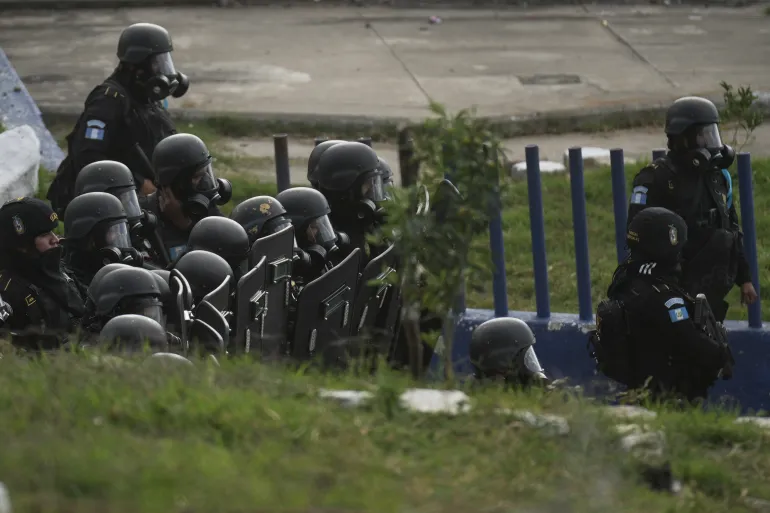A rising number of corporate bankruptcies in China amid economic challenges is drawing concern from investors and legal experts over the transparency and enforcement of the country’s insolvency laws.
One recent case involving pork producer Dalian Chuming Meat Processing has become a focal point for these concerns. The company, which supplied major retailers including Walmart and had appeared profitable until at least 2016, was placed into liquidation by a Chinese court in 2021. But nearly a year after the liquidation process concluded, signs of the company’s continued operations have emerged—raising questions among investors and observers about the enforcement of bankruptcy rulings.
Among the affected shareholders is Alan Hill, a retired Apple executive from New Mexico, who invested about $100,000 in Chuming through US-listed Energroup Holdings.
“I feel cheated,” said Hill, now 86. “I would have liked to have that money to pass on to my children.”
Despite the formal liquidation, documents and images reviewed by Reuters suggest Chuming’s brand and operations persisted under a similar entity, Dalian Chengsan Chuming Food Processing, located at the same factory address. Neither Chuming nor the associated entity responded to inquiries.
The Chuming case reflects a broader issue highlighted by legal professionals: insufficient enforcement and lack of transparency in China’s bankruptcy proceedings. According to court and company documents, Chuming’s investors claim the company violated legal procedures by failing to obtain shareholder consent before filing for bankruptcy and denying access to financial records, despite a court order.
Shareholders won a lawsuit in Nevada in 2018 against Chuming executives over the alleged transfer of company assets, but say they have been unable to obtain any redress in Chinese courts.
Lawyers and corporate advisors note that under Chinese law, companies are required to cease operations within 10 days of a court-ordered liquidation, and shareholders must be allowed to inspect company accounts during bankruptcy. However, these rules are not always strictly enforced.
“Local courts in China often prioritize local interests over foreign claims,” said one attorney familiar with such cases.
China has seen a surge in bankruptcy cases, with over 30,000 filings in 2023, compared to just over 10,000 in 2020. The uptick follows a prolonged property slump and economic slowdown that have led to high-profile corporate failures, including those of Evergrande Group and Zhongzhi Enterprise Group.
Although not all filings are problematic, several legal experts interviewed by Reuters noted an increase in so-called malicious bankruptcies, where firms may use the system to sidestep liabilities or shift assets improperly.
A second case involving Hunan United Real Estate Development mirrors Chuming’s situation. Company chairman Zhou Jianmin alleged a creditor’s bankruptcy filing was used to strip the company of its assets. He claimed the firm was solvent, but a court still approved its liquidation. The court did not comment on the case.
For foreign investors, especially those relying on cross-border legal remedies, the opacity and inconsistent enforcement of China’s bankruptcy laws pose heightened risks.
“The local, regional courts in China always favour their local citizens and seem to ignore the rights of US shareholders,” Hill said.
In addition, investors say there are few avenues for redress when problems arise, particularly in cases where local interests are involved or where courts are reluctant to enforce orders that challenge regional economic players.
Observers suggest that as China seeks to attract more foreign capital, improvements to its legal and regulatory systems will be critical. Clearer procedures, more rigorous enforcement, and greater transparency are among the changes investors and legal experts hope to see.
One investor, Jin Kun, who said he lost hundreds of millions of dollars due to Chuming’s collapse, urged Beijing to implement reforms that would protect both domestic and foreign investors from misuse of the bankruptcy system.
China’s Ministry of Justice and State Council did not respond to requests for comment on the issues raised in these cases.










The latest news in your social feeds
Subscribe to our social media platforms to stay tuned